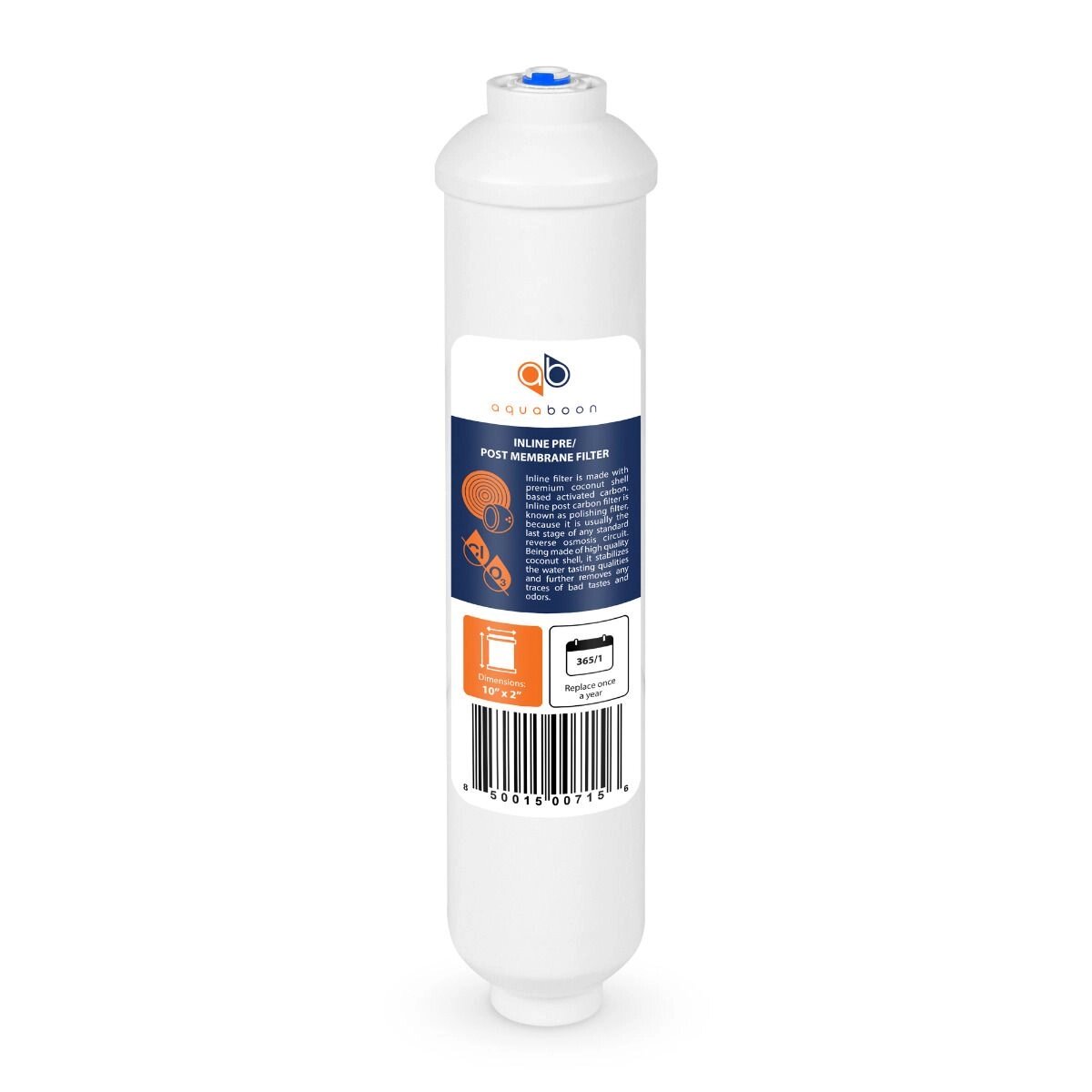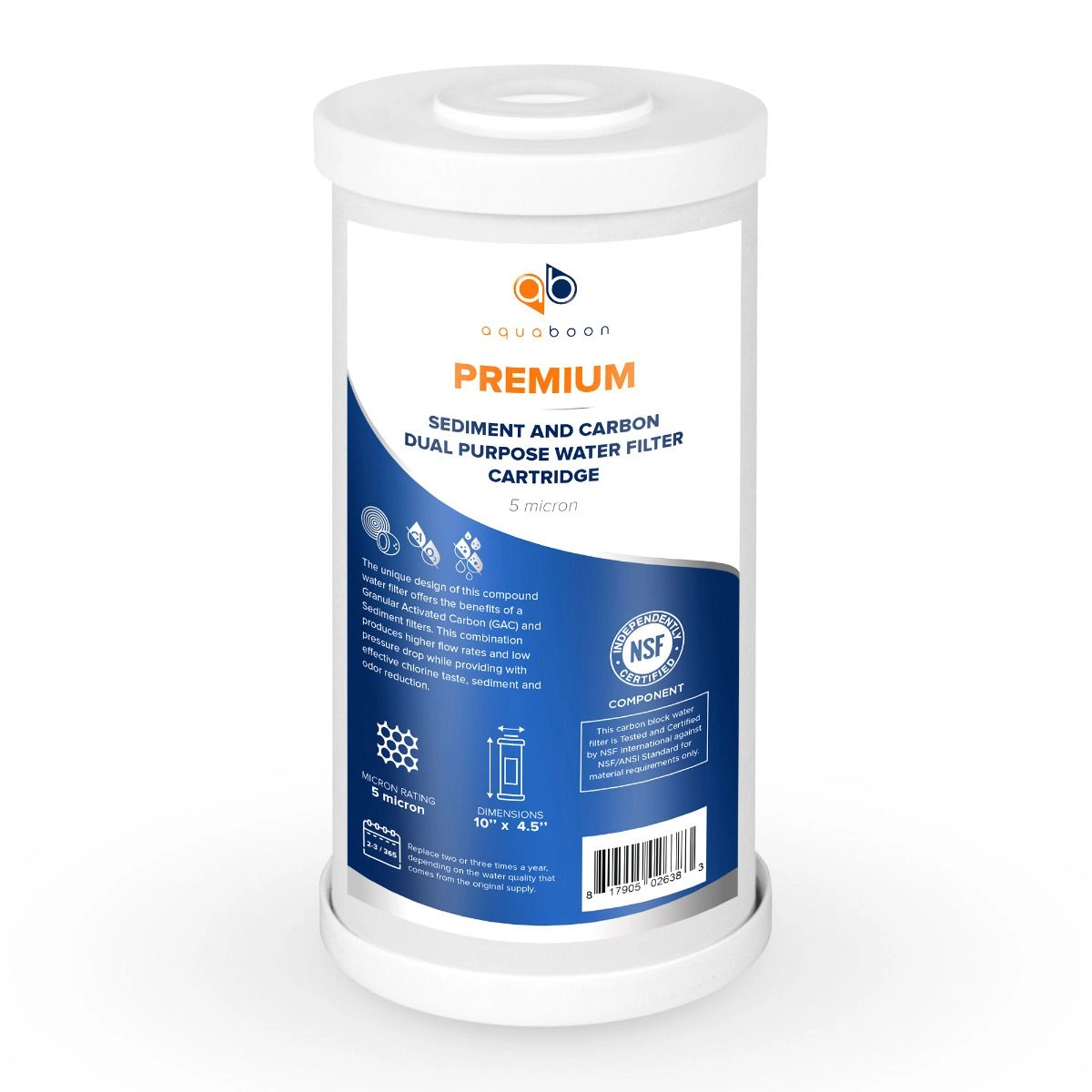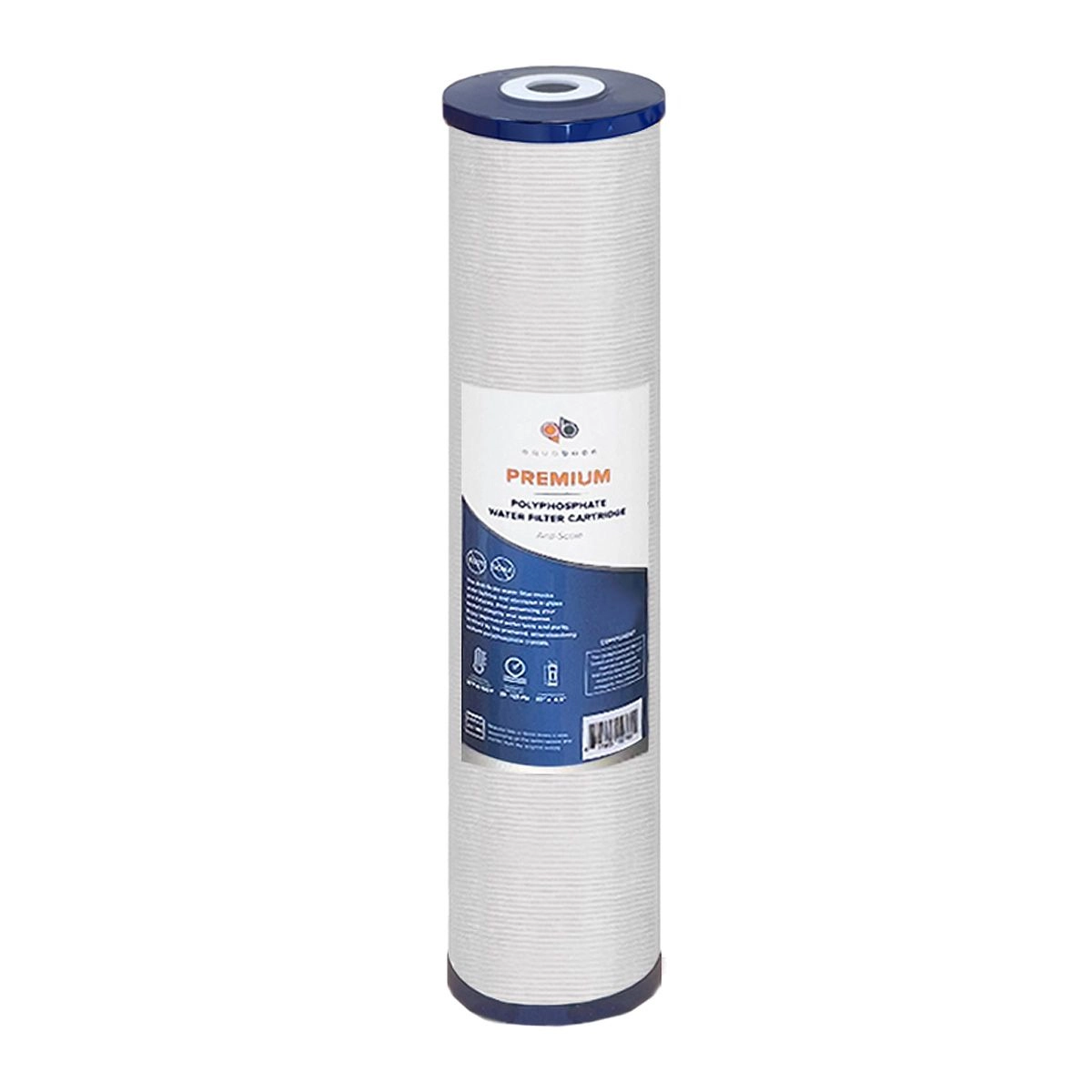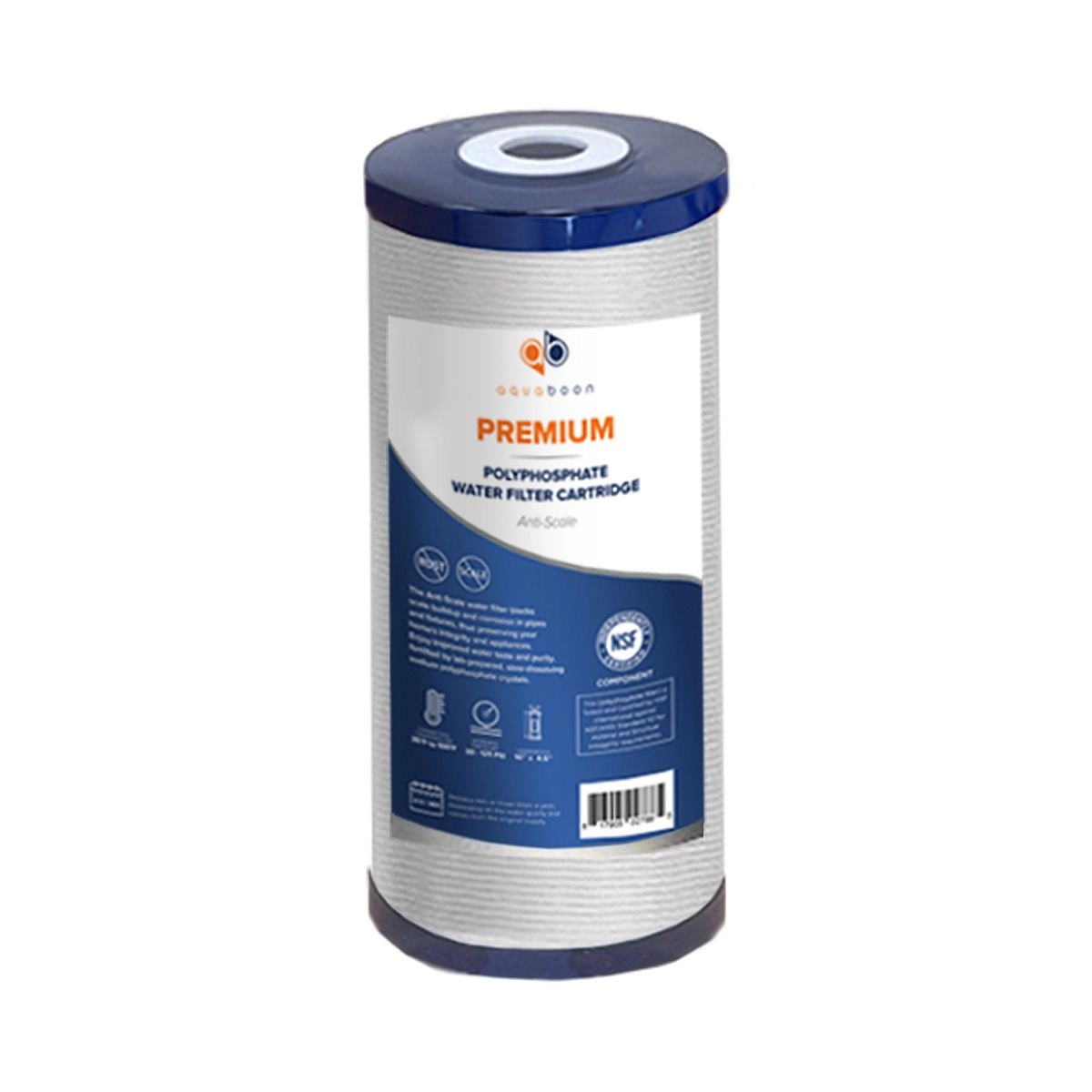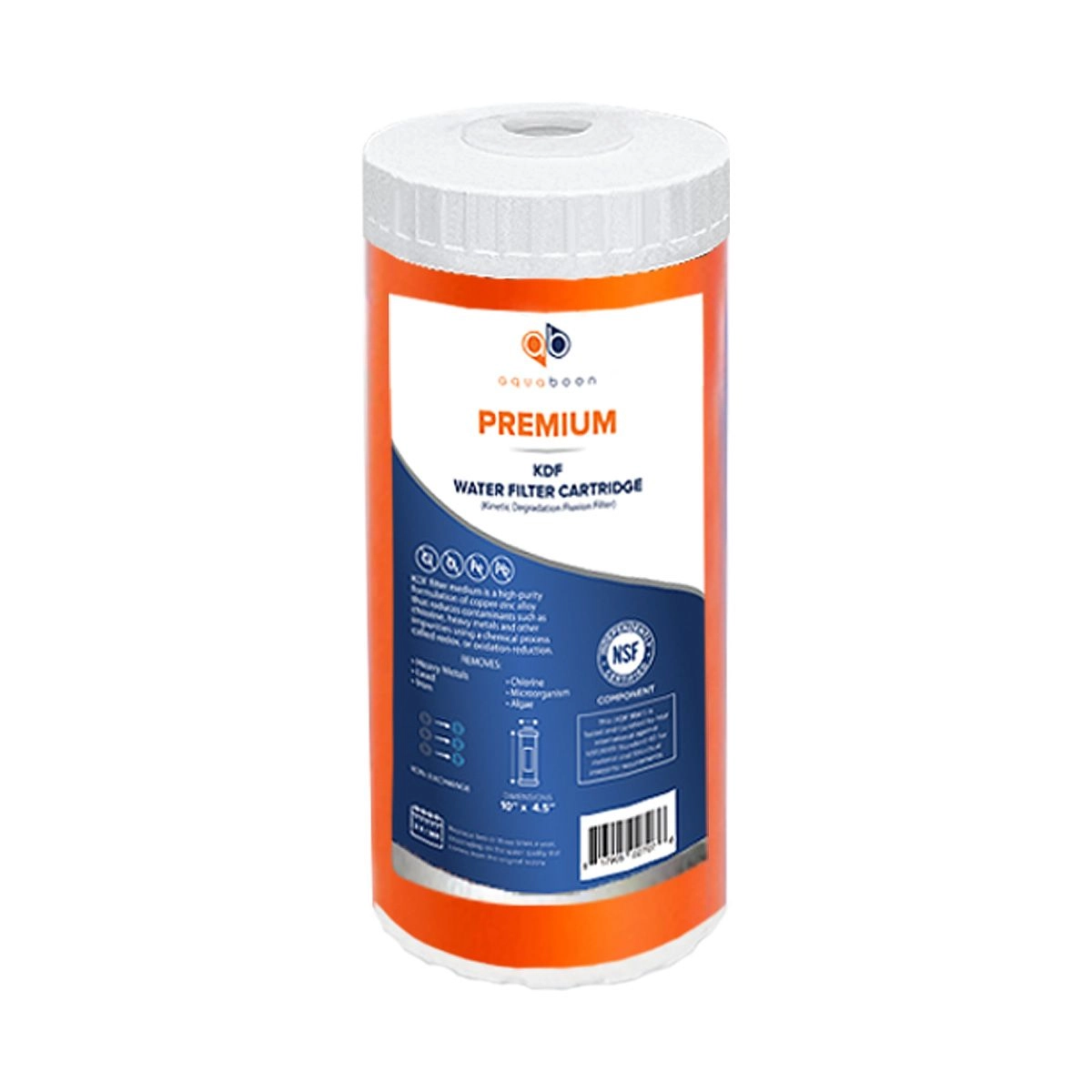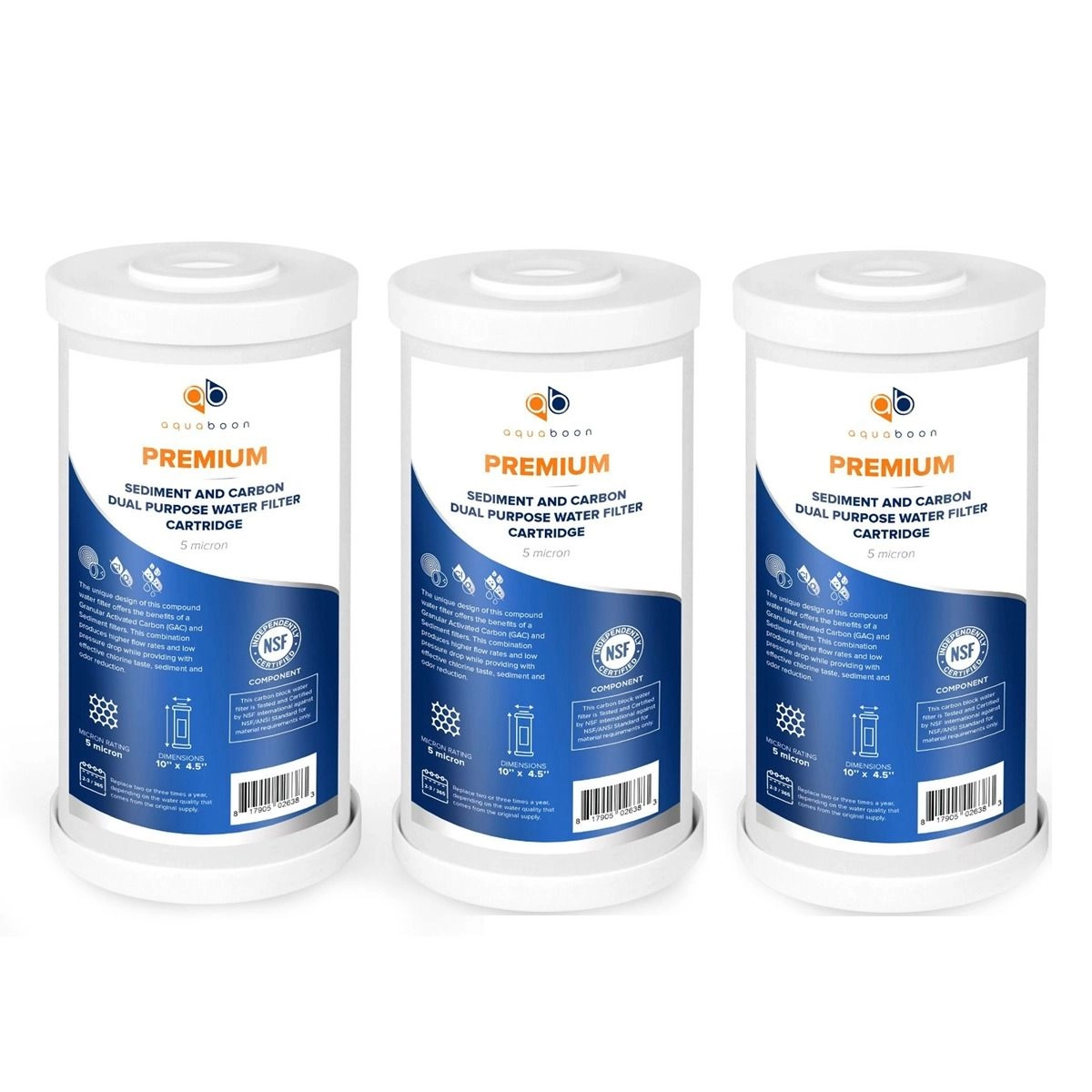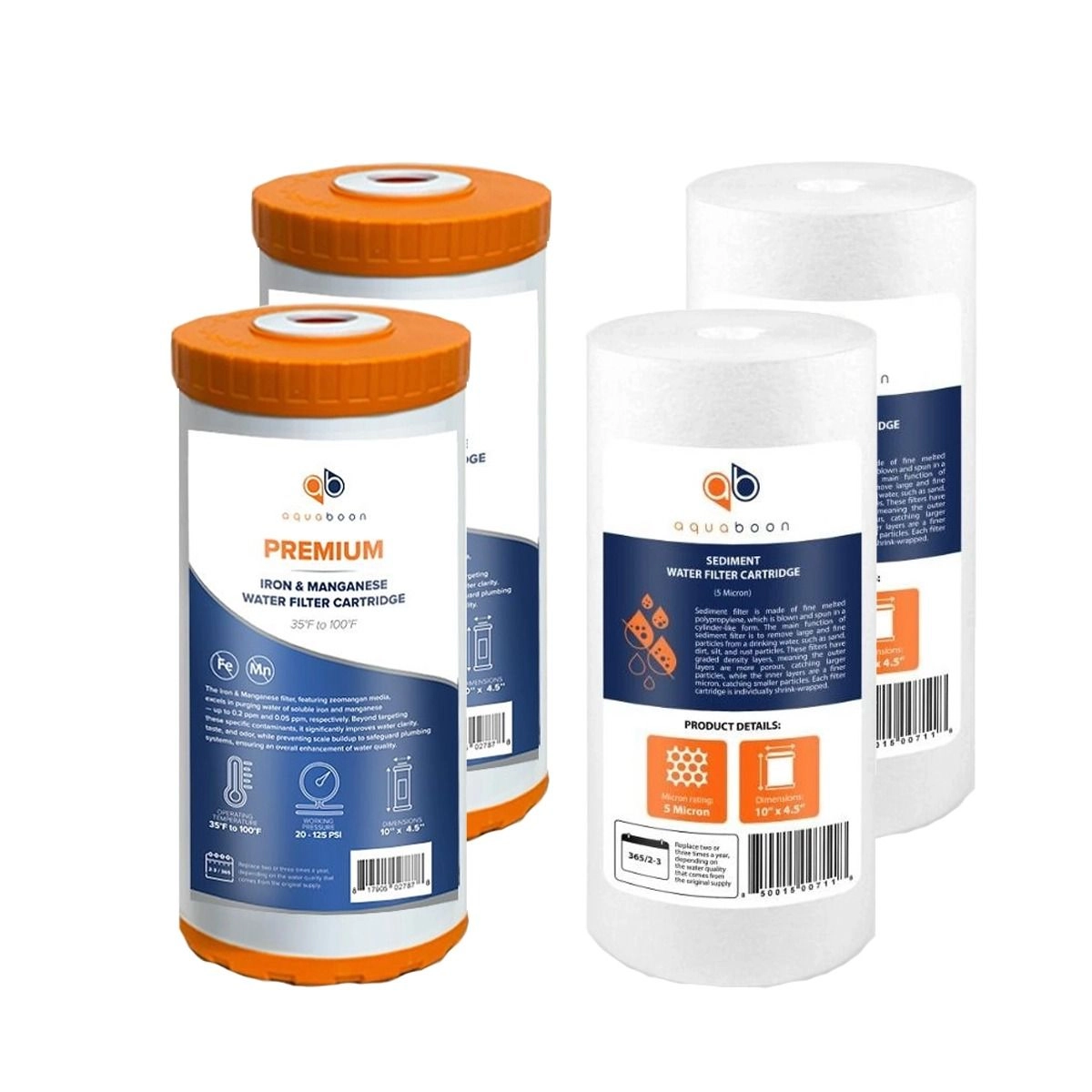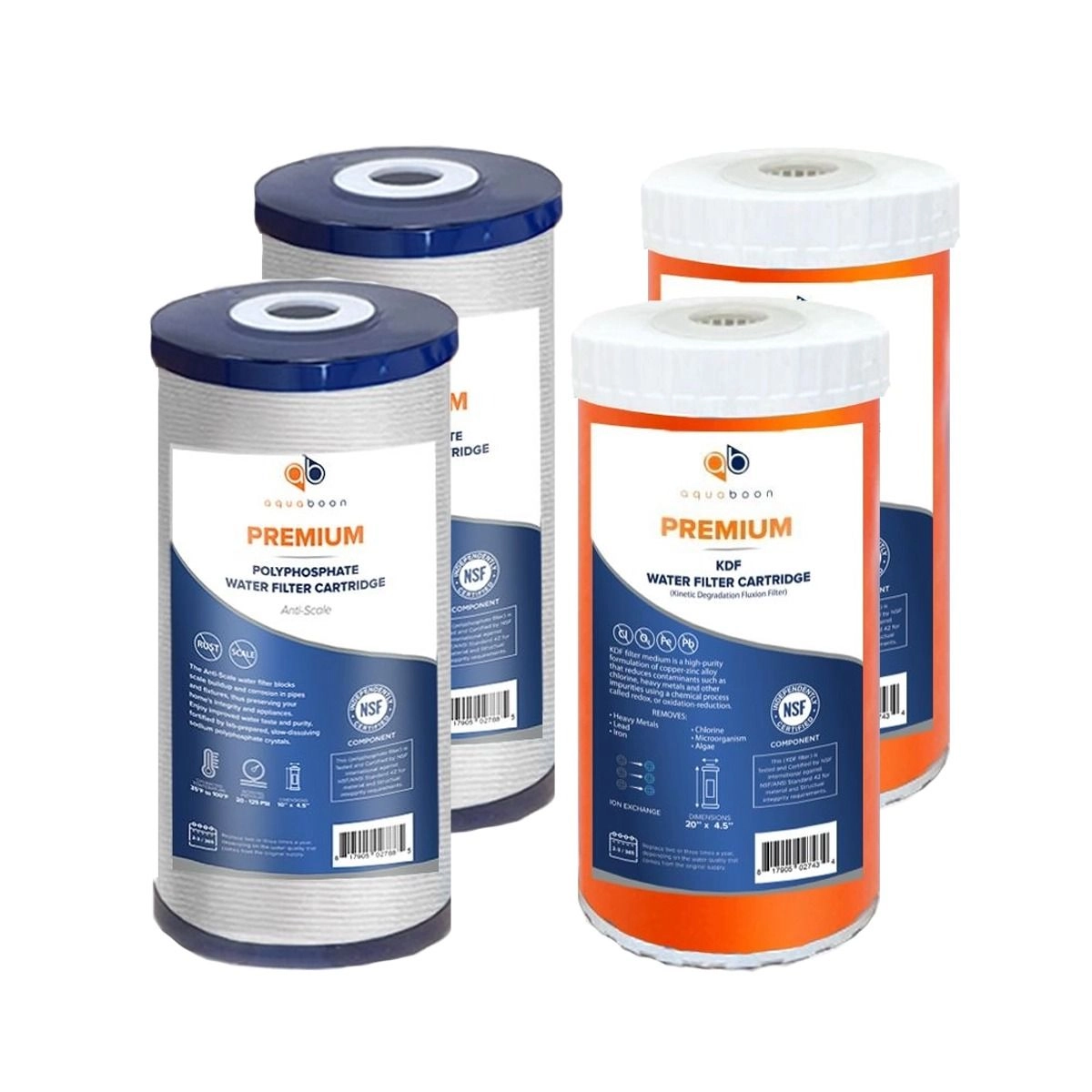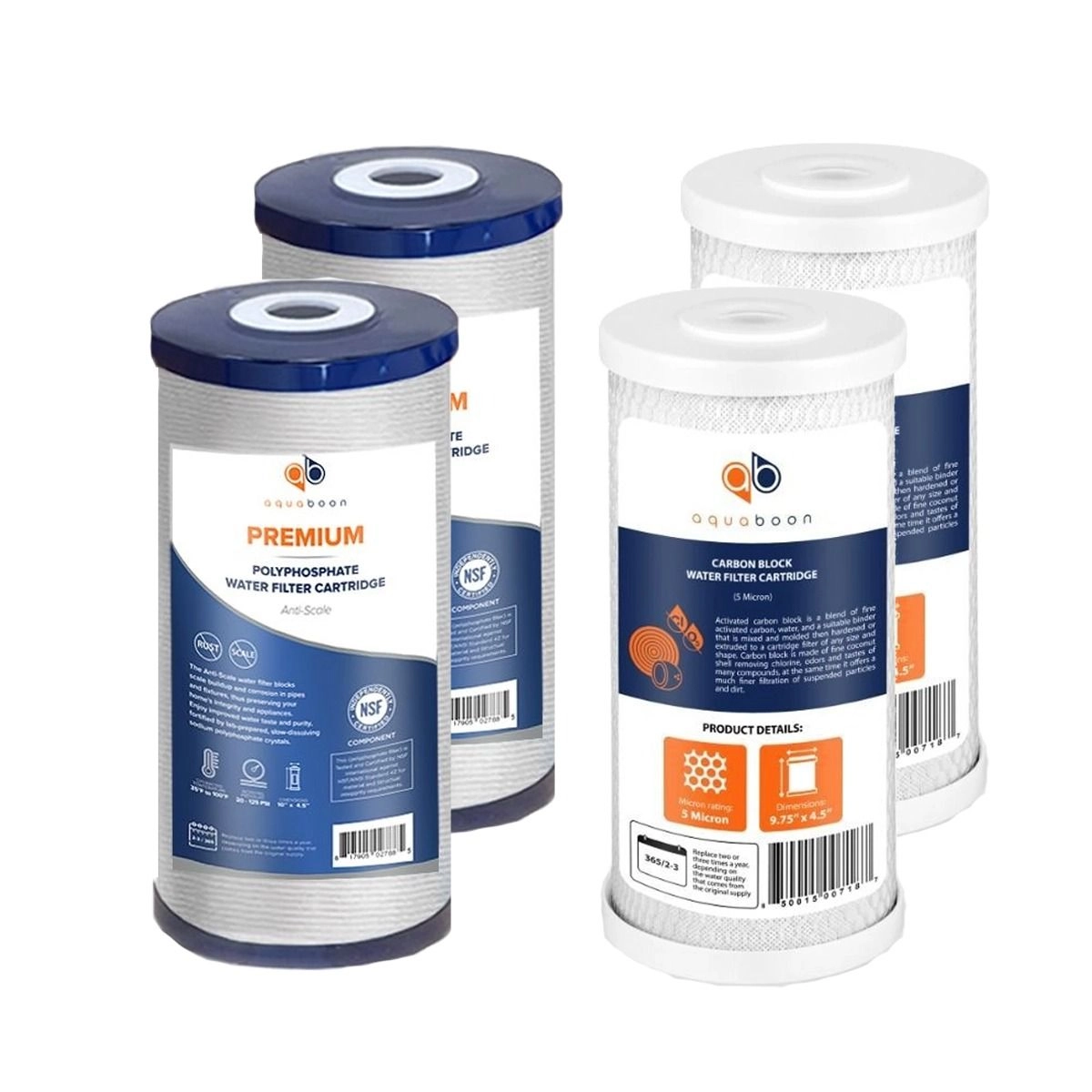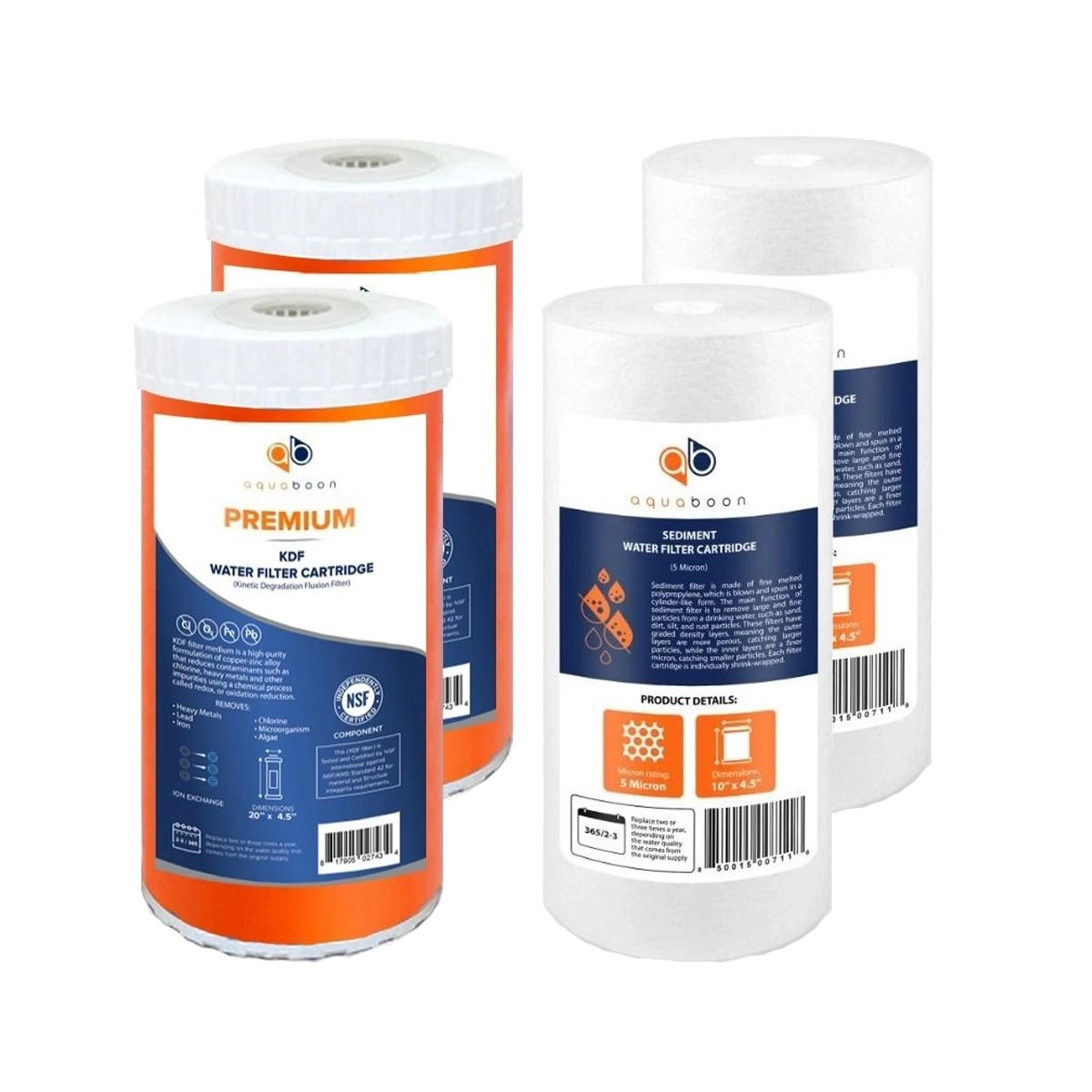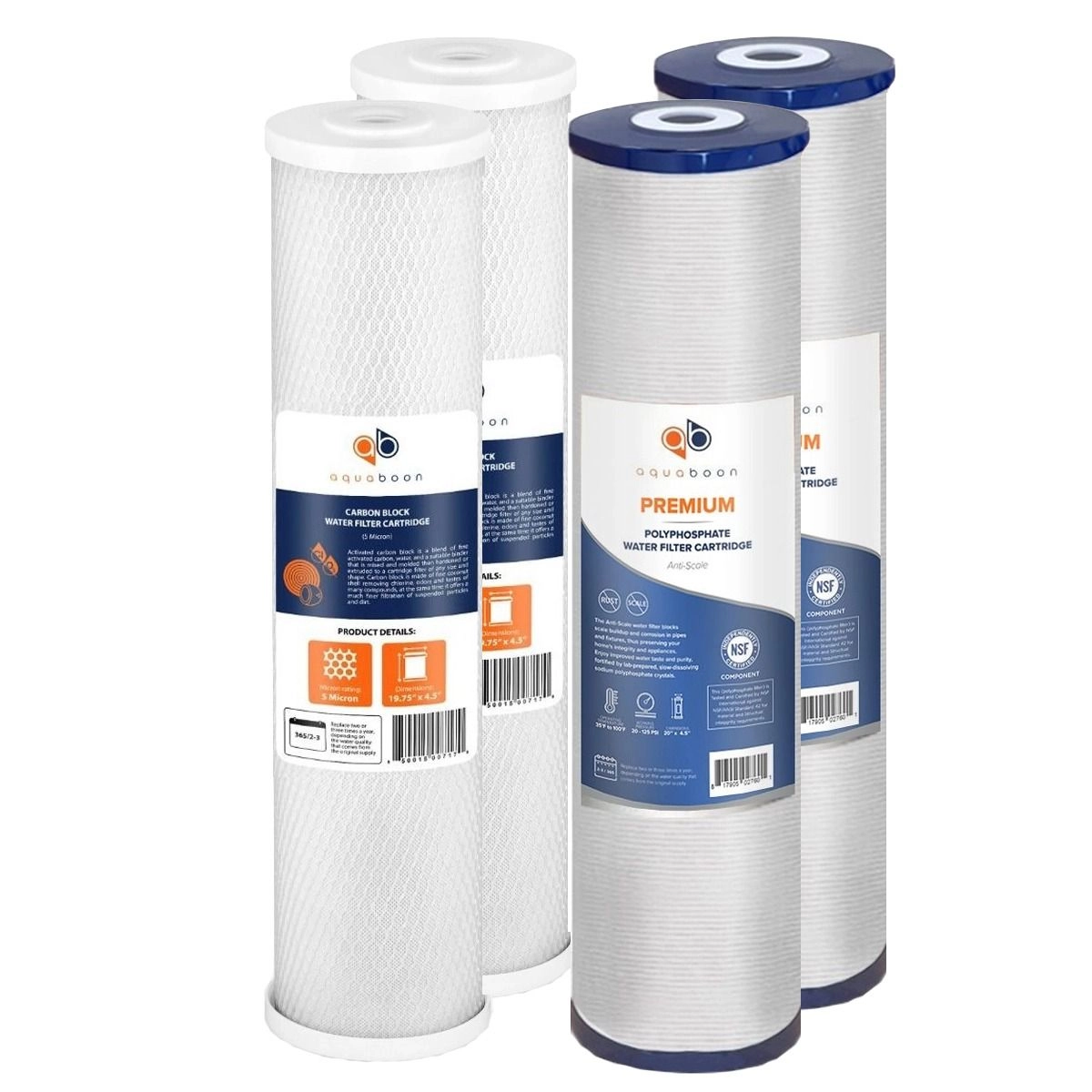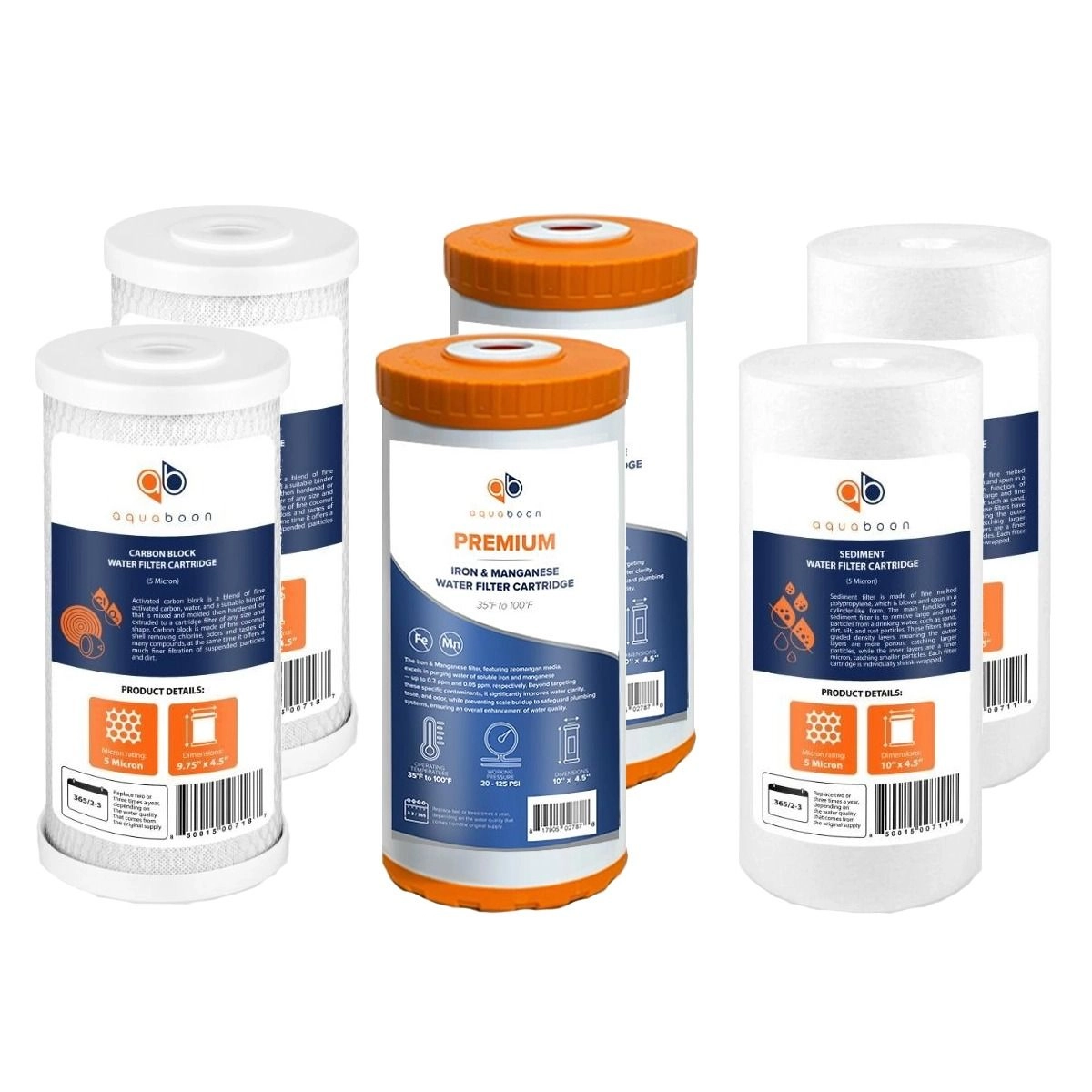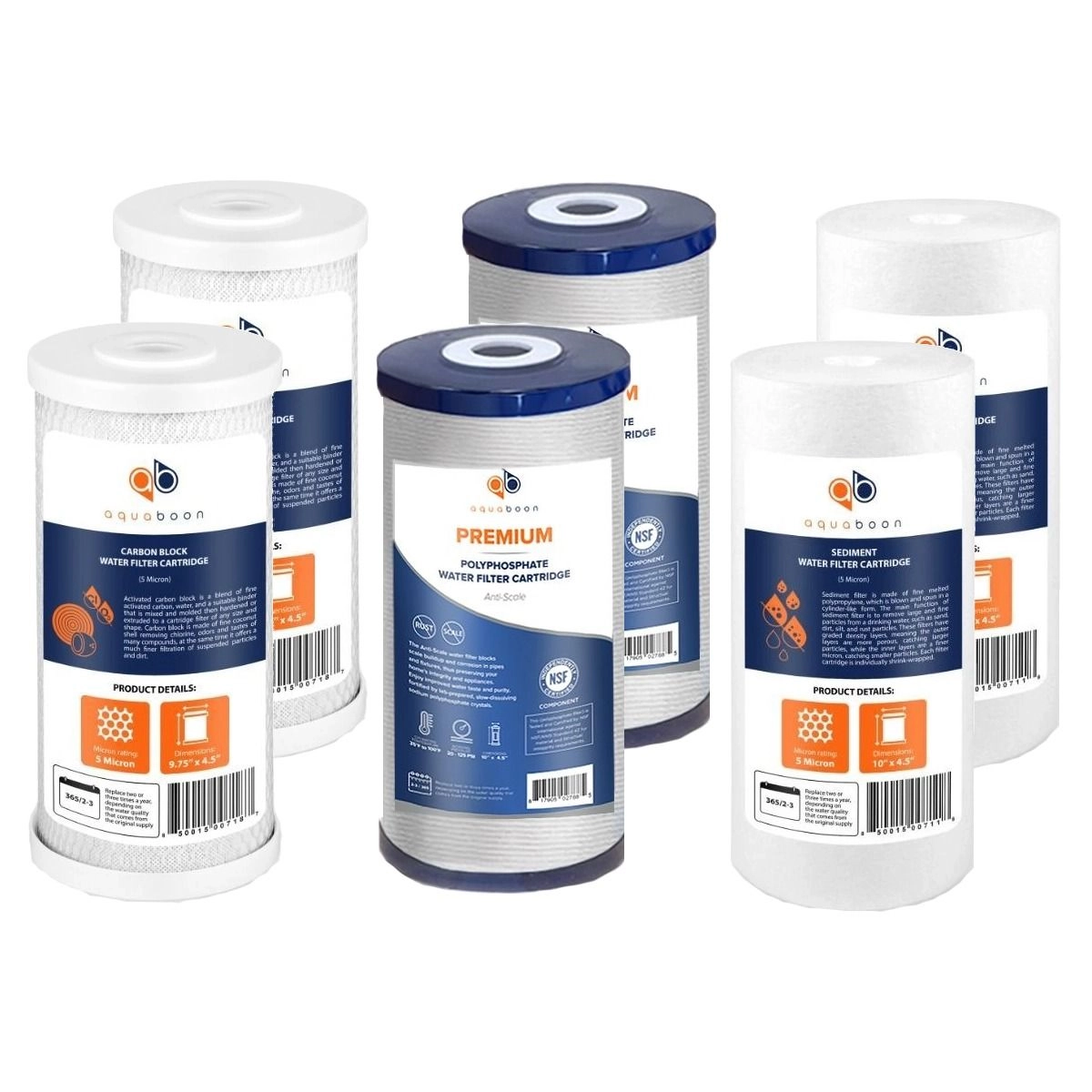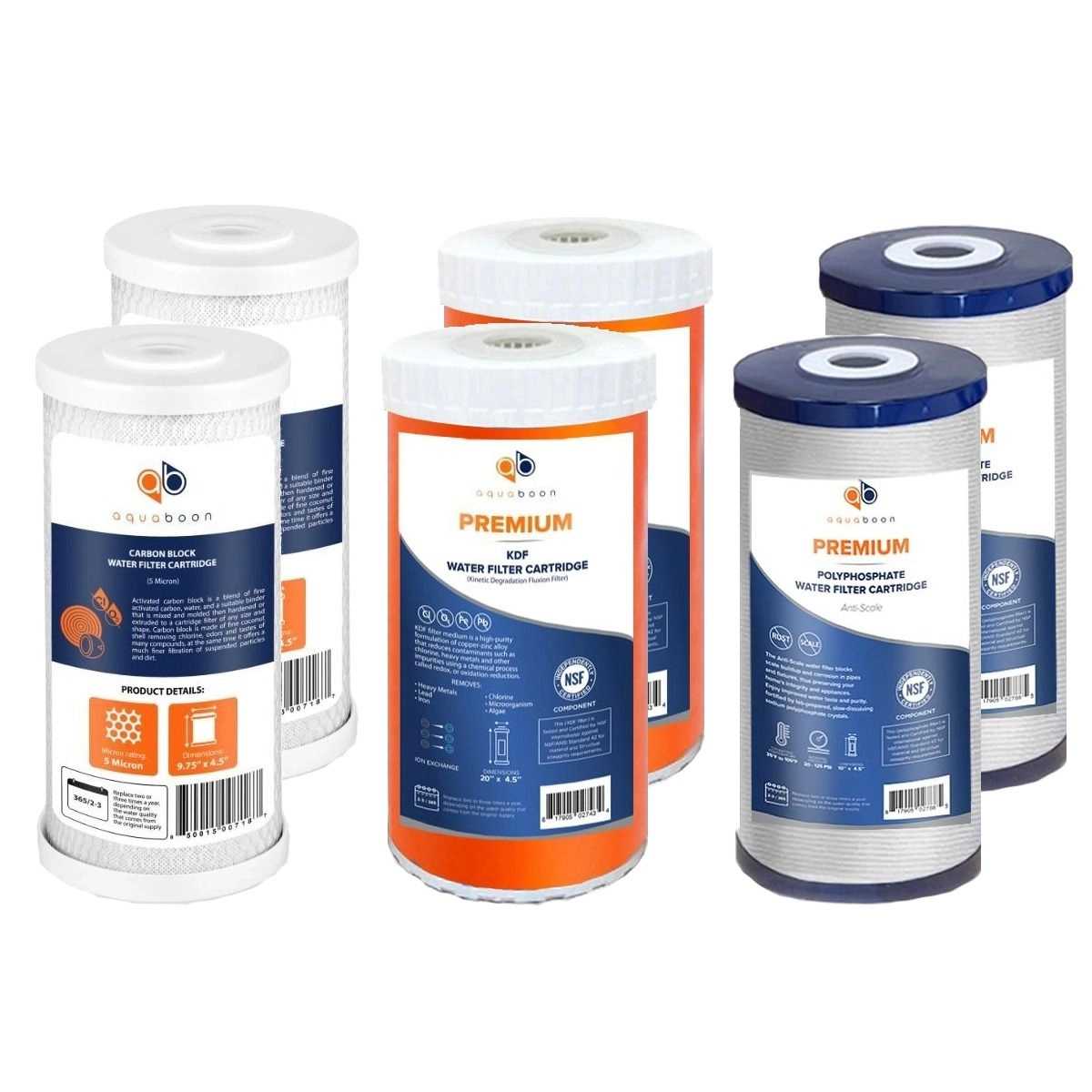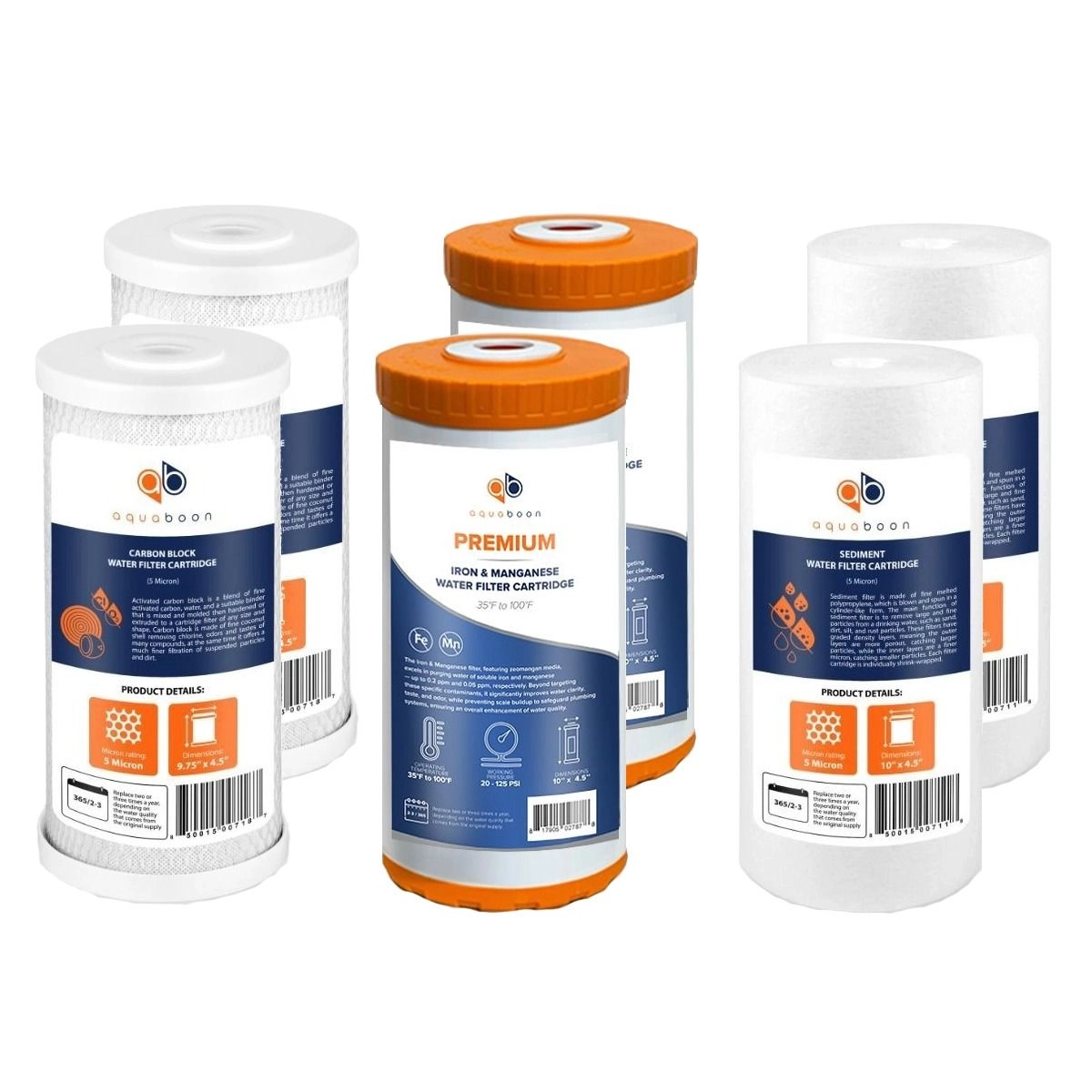Drinking clean and safe water is essential for life. Due to increasing concerns over water contaminants, many homeowners are installing home filtration systems to ensure their water is pure. Among the many options available, inline water filters have become particularly popular. But what exactly is an inline water filter, and how do you know if it's the right choice for your household? This complete guide covers the importance of home water filtration, how inline water filters work, their advantages, and potential drawbacks.
Why Is Home Water Filtration Important?
Water is life, but not all tap water is safe to drink without filtration. Here are some key reasons why home water filtration is crucial:
-
Removal of Contaminants: Tap water can contain various contaminants such as chlorine, lead, pesticides, bacteria, and industrial chemicals. A filtration system helps to effectively remove these pollutants from your drinking water.
-
Improved Taste and Odor: Filtered water often tastes fresher and smells better because it removes chlorine and other elements that affect water quality.
-
Health Benefits: By eliminating harmful substances, water filters ensure that the water your family drinks is safe, reducing the risk of waterborne illnesses.
-
Save Money: Using a home filtration system saves money in the long run by reducing the need to buy bottled water.
What Is an Inline Water Filter?
An inline water filter is a type of filtration system that is directly installed in the water supply line. Unlike filters that attach to faucets or sit under sinks, inline filters are integrated into the plumbing system, ensuring that all water flowing through the line is filtered. Here's how they work:
-
Installation: Inline filters are typically installed where the main water line enters the home or at specific points of use, like in the kitchen, refrigerator, or bathroom.
-
Filtration: Inline water filters usually use a combination of different filter media, such as carbon blocks and sediment cartridges, to remove a wide range of contaminants from your water source.
-
Maintenance: To maintain efficiency, regular replacement of filter cartridges is required. The frequency depends on the type of filter and the quality of the water being filtered.


